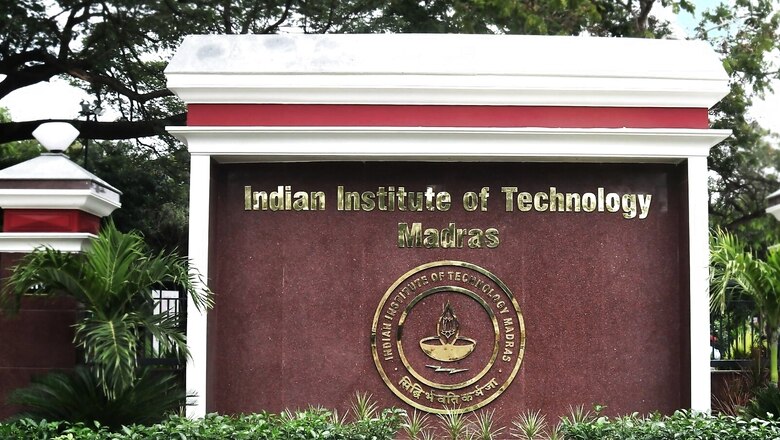
views
The Indian Institute of Technology (IIT) Madras researchers claims to have developed an artificial intelligence-based tool, called ‘PIVOT’, that can predict cancer-causing genes in an individual. This tool aims to help in devising personalised cancer treatment strategies, the institute said. The researchers added that the tool is based on a machine learning model that classifies genes as tumour suppressor genes, oncogenes or neutral genes.
Explaining the use of newly developed tool to treat cancer, researchers claimed that it is an uncontrolled growth of cells that can occur due to mutations in oncogenes or by tumor suppressor genes or both but not all mutations necessarily result in cancer. Therefore, it is important to identify genes that are causing cancer to devise appropriate personalised cancer treatment strategies.
“PIVOT is designed to predict genes that are responsible for causing cancer in an individual. The prediction is based on a model that utilizes information on mutations, expression of genes, and copy number variation in genes and perturbations in the biological network due to an altered gene expression,” IIT Madras said.
The IIT Madras researchers said that they have built AI prediction models for three different types of cancer including breast invasive carcinoma, colon adenocarcinoma and lung adenocarcinoma. The team is also working on a list of personalised cancer-causing genes that can help in identifying the suitable drug for patients based on their personalized cancer profile.
The research was led by Prof Raghunathan Rengaswamy, Dean (Global Engagement), IIT Madras, and Professor, Department of Chemical Engineering, IIT Madras, Dr Karthik Raman, associate professor, Bhupat and Jyoti Mehta School of Biosciences, IIT Madras and a core member, Robert Bosch Centre for Data Science and Artificial Intelligence (RBCDSAI), IIT Madras, and Malvika Sudhakar, a research scholar, IIT Madras.
Highlighting the significance of the research, Dr Karthik Raman said, “Cancer, being a complex disease, cannot be dealt with in a one-treatment-fits-all fashion. As cancer treatment increasingly shifts towards personalised medicine, such models that build toward pinpointing differences between patients can be very useful.” “The research area of precision medicine is still at a nascent stage. PIVOT helps push these boundaries and presents prospects for experimental research based on the genes identified,” Malvika Sudhakar, Research Scholar, IIT Madras said.
Read all the Latest News, Breaking News, watch Top Videos and Live TV here.




















Comments
0 comment